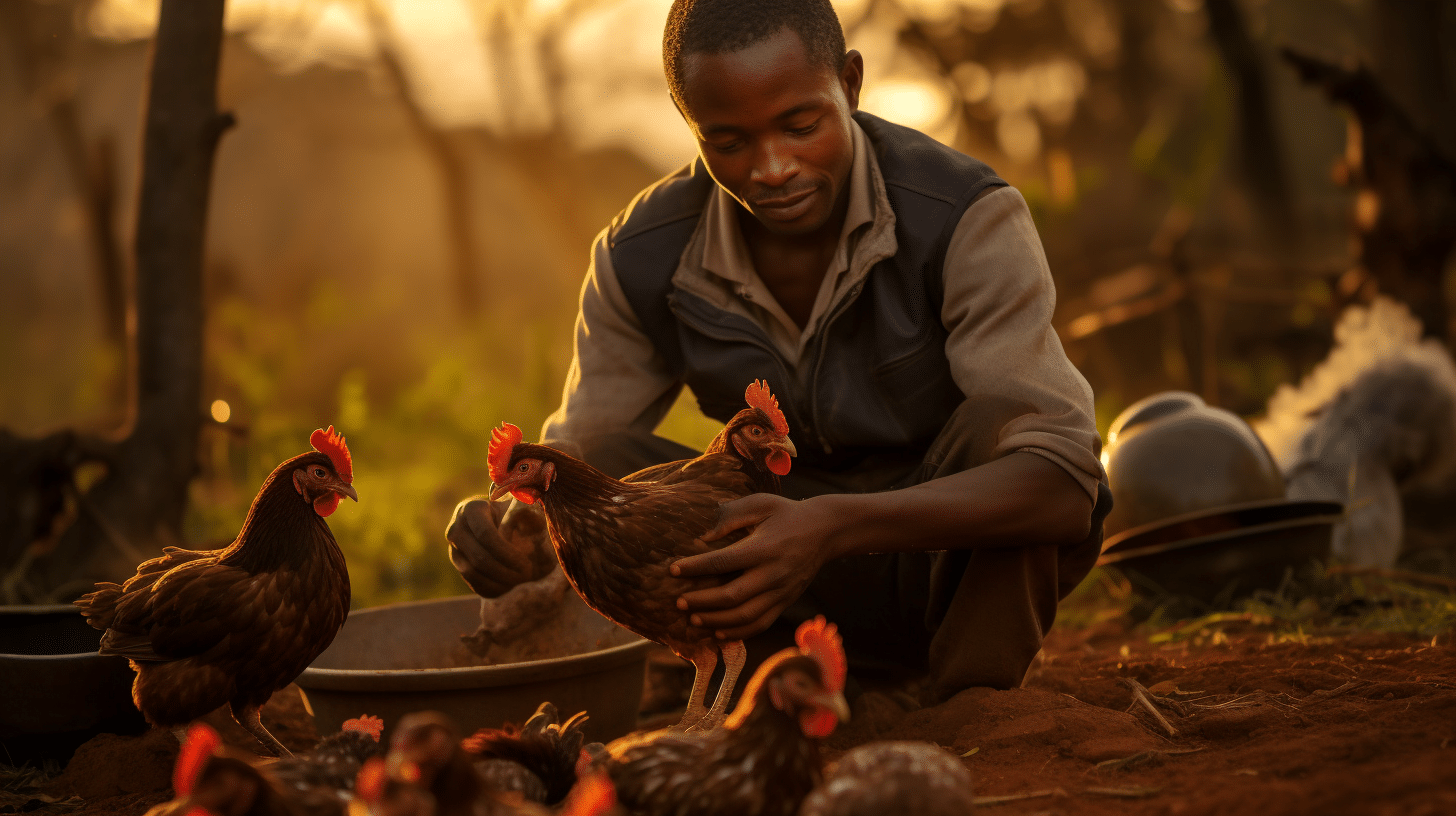Chicken farming has become a very common type of farming in Kenya. The demand for the products of this farming is high in Kenya and for export purposes. A smart investor in Kenya would better take advantage of the high demand to venture into quail farming, broilers farming or into chicken farming. There are however, various aspects that farmers in Kenya should know to boost their products and success.
During cold seasons, chicken are usually adversely affected and need to be given more attention. Cold seasons in Kenya are well known and could be predicted. Farmers, therefore need to be prepared well before the cold season kicks in. The cold and darkness can certainly reduce egg production in Kenya.
The Research on farming in Kenya shows that chickens lay best in cases where they are well exposed when they receive about fifteen hours of light daily. Thus, proper lighting is very important for better production of eggs. Farmers in Kenya should make sure their farming houses are well lit to increase the production of eggs. Most chicken start producing eggs 6-7 weeks after hatching.
Farmers in Kenya should ensure that the chicken get access to nutritious feed, adequate housing, and access to fresh clean water are important to the health of your flock. Ensuring that there is good management and sanitation practices are important in making the farming successful. This also reduces diseases associated with chickens. Proper ventilation in the brooder and coop will reduce moisture and disease organisms. The wet litter and wastes should be removed as soon as they form to keep the house clean and dry. This will make the chicken comfortable, and the yields will be higher.
The farmers should ensure that the chicken house, where they lay eggs, the nests are clean and free from pesticides. The farmers should ensure that the nests and the house are cleaned every week to avoid the spread of diseases. The temperature where the chicken are, should be 90 to 95 degrees for the first week, after they are hatched then the farmer should reduce the temperature by 5 degrees per week until you get to 70 degrees. The chicken should not need any more heat.
How to keep chicken flock safe using coop door in Kenya
Farmers in Kenya should protect their chickens from predators and vultures by keeping them penned within well fenced areas and closing the coop door everyday in the evening after the flock goes to rest.



0 comments